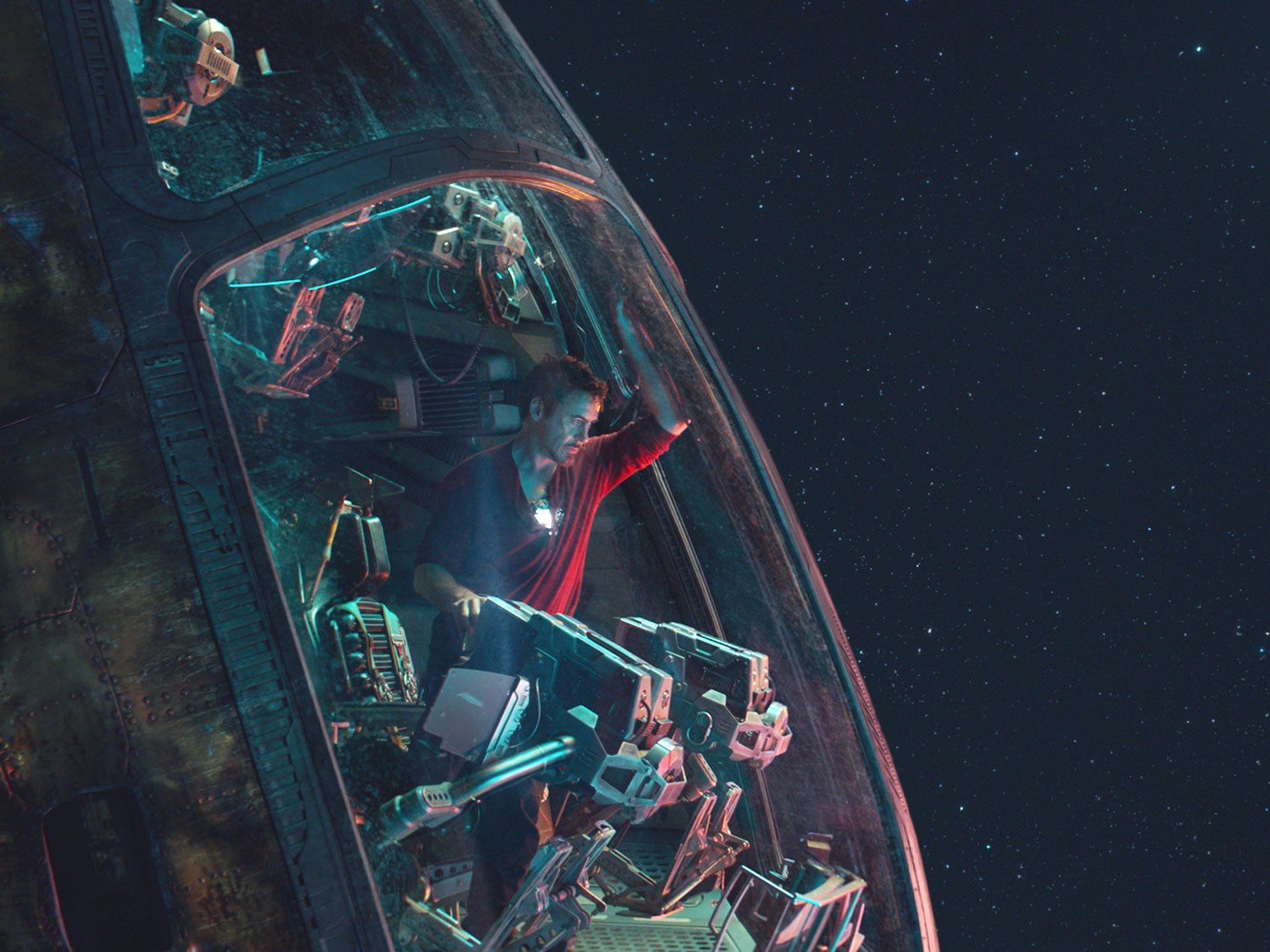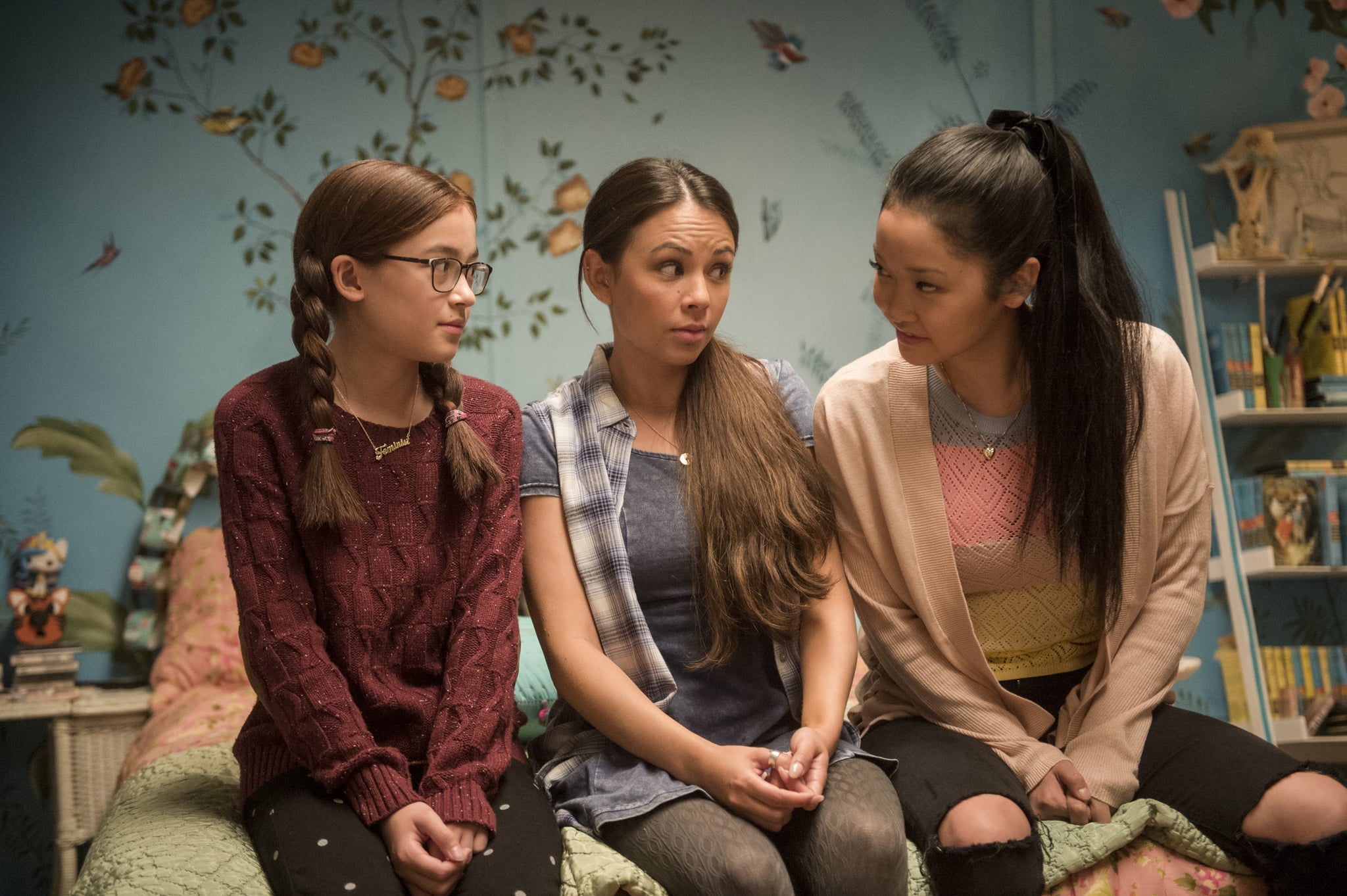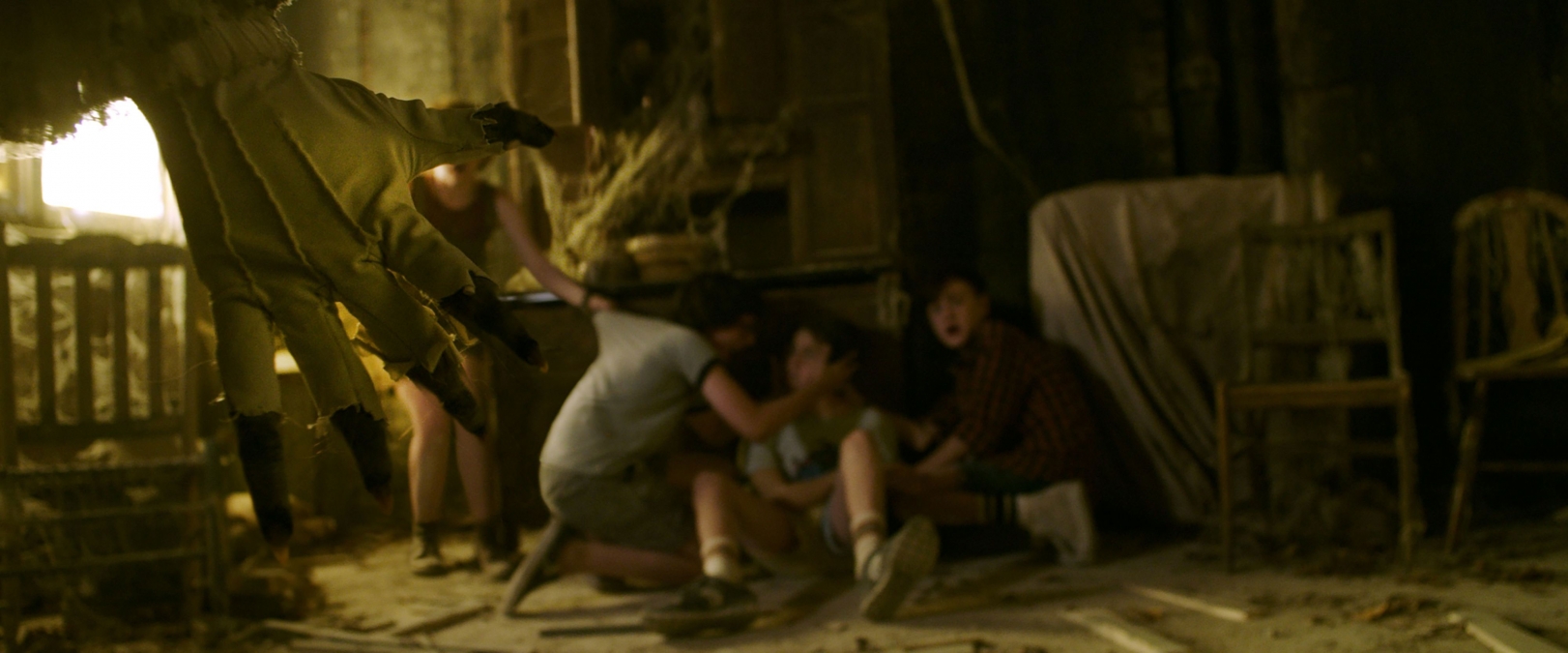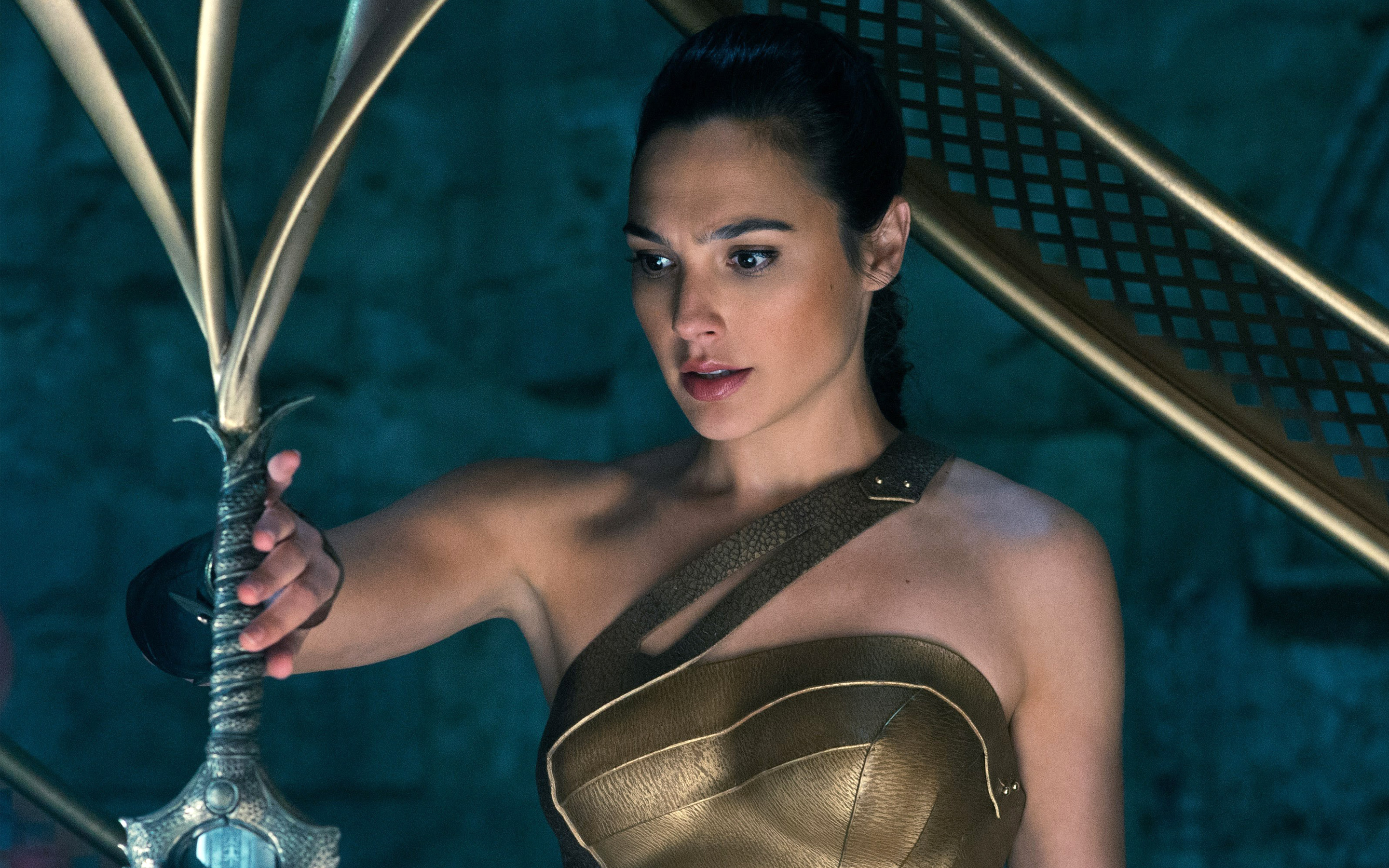As of the time of writing this, Avengers: Endgame is the second highest grossing film of all time with a box office total of over 2.5 billion dollars. It is…
As of the time of writing this, Avengers: Endgame is the second highest grossing film of all time with a box office total of over 2.5 billion dollars. It is poised to topple the current reigning champ, Avatar. In case you have missed it, Avengers: Endgame is the culmination of an 11 year, 22 movie series produced by Marvel. Truly, the world has never seen anything like this before. Never has there been this type of interconnected long form storytelling done with movies. It is a remarkable achievement, and Kevin Feige ( guiding force of the MCU) deserves all the praise for his vision in producing such a feat. I believe Endgame will be the Star Wars of this generation. It is a cultural event, which has and will continue to change the landscape of American cinema.
I am a lifelong comic book reader and superhero fan. I grew up reading the stories of Captain American, Iron Man, Spider-man, and the rest. Currently sitting on my desk are Omnibus Volumes 1 &2 of the Jonathan Hickman Avengers run. I waited with great anticipation for the conclusion of this first volume of the Marvel Cinematic Universe. I was eager to see if directors, Joe and Anthony Russo, writers, Christopher Markus and Stephen McFeely, and producer, Kevin Feige, could deliver on everything they had promised. So the big question then: Does Avengers: Endgame successfully conclude an 11 year 22 film story arc; does it satisfy the hopes and dreams of Marvel fans? I can answer with a huge resounding, Yes!

I loved this film. It has no right to succeed as well as it does. This movie pays off beautifully many things set up in the previous 21 films. This film is fan service in the best sense of the term. It rewards longtime fans of both the comics and the movies who have seen everything previous film. It gives the fans so much of what they have longed to see on the big screen, and even things fans didn’t know they wanted, without sacrificing the story. They accomplish all of this in a manner that feels natural to the story and the world they have created.
Avengers: Endgame features a tight, surprisingly thoughtful, reflective, emotional, and funny script. The acting is fantastic in this film. Every actor brought their A game, with Robert Downey Jr. and Chris Evans giving what is probably their best performances in the MCU films. I would really like to see Downey get an Oscar nod for this performance. Scarlett Johannson and Karen Gillan are two other standouts for me. Also, the film score for Endgame is fantastic. Alan Silvestri has composed the best score of the MCU thus far, and I think is deserving of Oscar nominations. Avengers: Endgame is not without flaws, but it is a worthwhile and satisfying conclusion to this 11 year arc of storytelling. I highly recommend going to see the film on the biggest screen you can.
SPOILERS:
Seriously Spoilers Ahead
Please do not read until you have seen Avengers: Endgame
I have now seen Avengers: Endgame three times I did not want to rush to write something for this film. I wanted to let the film sit with me for a while. There is so much that could be said about the themes and characters of Endgame and the greater MCU. Honestly, each of the original 6 Avengers (Iron Man, Captain America, Thor, Hulk, Black Widow, and Hawkeye) are deserving of their own character studies through the course of this 22 film series (now named the Infinity Saga by Kevin Feige). Some other excellent sites have already begun to do so. However, one theme I found particularly powerful in the film is the theme of finding rest through self-sacrifice. I think we can trace this theme of rest in all of the 6 original Avengers, but it is most fully realized in the stories of Tony Stark and Steve Rogers.
Avengers: Endgame opens to domestic bliss on the farm of Clint Barton aka Hawkeye. This idyllic scene quickly turns into one of horror as the daughter, sons, and wife of Clint are dusted by the snap of Thanos from Infinity War. This powerfully sets the stakes of the film. This scene establishes that there is something profoundly wrong with the world now. Clint’s family and home are gone; Shalom has been lost.
The Hebrew word Shalom contains the idea of peace, rest, “universal flourishing, wholeness, and delight.” The loss of Shalom is further developed throughout the first act of the film. The Avengers hatch a plan to catch Thanos, seize the stones, and reverse everything. However, the story takes a surprising turn with Thanos being decapitated, but the stones already having been destroyed. It seems as if this unmaking of the world, this destruction and calamity of the universe cannot be undone. This captures something we fundamental know to be true in reality, that there is something severely wrong with this world. We long for rest, we long from shalom, we long for a return to Eden. As Tolkien writes, “We all long for Eden, and we are constantly glimpsing it: our whole nature at its best and least corrupted, its gentlest and most human, is still soaked with the sense of exile.”
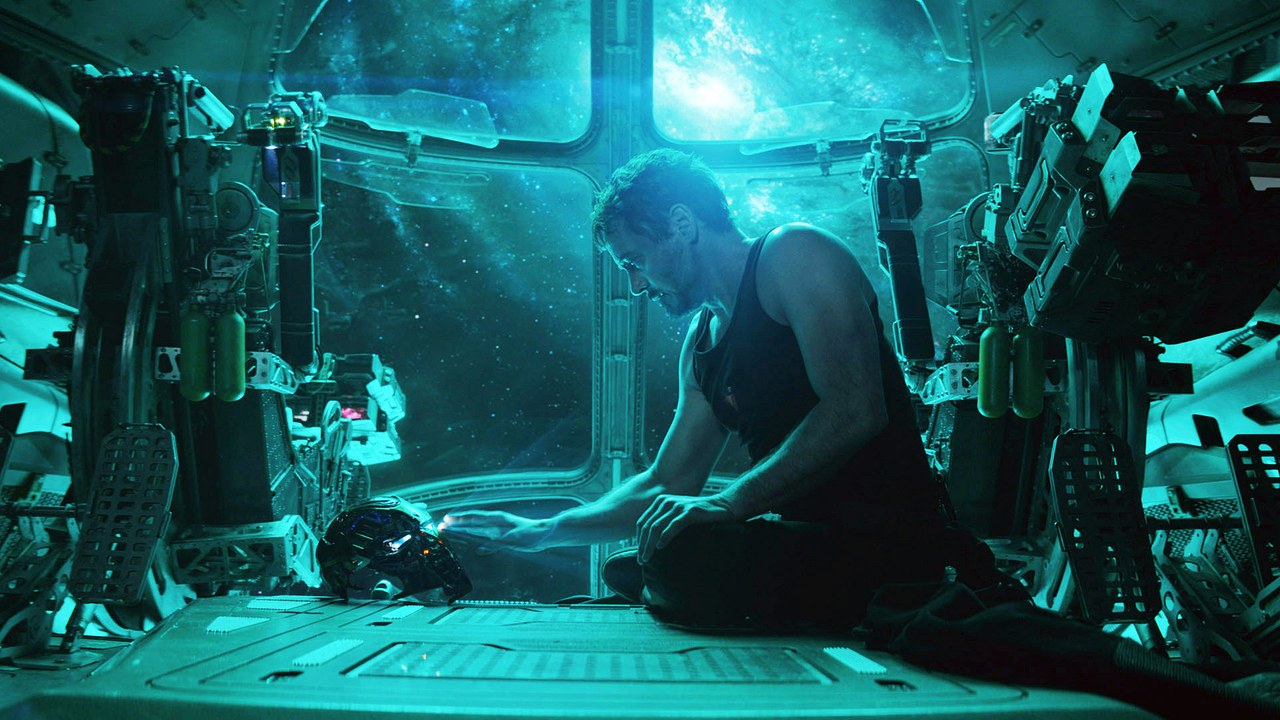
What follows from here are sequences of the Avengers trying to cope with the loss they have experienced. Steve Rogers is running a counseling session, where he encourages people to move on, though later he admits to Natasha aka Black Widow, he and the other Avengers cannot move on. This refusal to move on by Captain America is not the denial of the great tragedy, but it is a recognition that there is something deeply wrong with the world, and that it needs to be healed. The universe needs to be saved, and renewed; there needs to be a return of Shalom. Steve Rogers has lived an entire life of self-sacrifice. This is established all the way back in Captain America: The First Avenger when pre-super serum Steve jumps on what believes is a live grenade to save the lives of those around him, and then at the end of the film he sacrifices himself and his happy ending with Peggy Carter, to save millions of people by crashing a plane into the icy sea. However, this time the heroic Captain America failed and was not able to save billions of lives. He is restless, longing to return the universe to shalom.
Tony Stark is on a very different journey. He is a man conflicted; a man who wants to be a hero, but must fight his narcissistic tendencies. Over the course of the MCU Tony has been shown to be constantly restless. In Avengers: Age of Ultron he is afraid of a coming disaster, and wants to build a shell around the world. In Iron Man 3 Stark suffers from PTSD and insomnia. In Endgame Tony Stark seems to have found a sense of rest/peace in his life, though his marriage to Pepper and the birth of Morgan, his daughter. However, when presented with an opportunity to potentially set right everything that has gone wrong with the world, Tony understandable balks at first. But then Tony remembers that he lost people too, like Peter Parker aka Spider-man. Tony solves time travel, but then is presented with a choice: does he take the risk of losing everything he has gained in order to save the universe, or does he “put a pin in it… sink it to the bottom of the sea,” and forgot about it? This is the question he asked Pepper. He offers to stop it all then and there, so that they can go back to their lives. Pepper sagely ask, “But would you be able to rest?” The answer is clearly no as is fantastically conveyed in the performance of Downey.
Along the way to the climactic battle at the end of the film, Stark is able to find closure with his father through the time traveling element. Stark learns through this experience that he is much like his dad, he even struggles with the same character flaw of selfishness. Howard Stark says his own selfishness gets in the way of him doing what is right for the greater good. This reflects the struggle Tony Stark has had through his entire character arc. He struggles between being the selfless hero Iron Man and the selfish Tony Stark he was at the beginning of the first Iron Man film.
In the climax of the film, Tony Stark fully embraces Iron Man and sacrifices his life to save the world and defeat Thanos. In an incredibly emotional death scene Pepper Pots tells Tony to look at her. She tells him that “They will be okay,” and then brings the thematic arc of Stark full circle by telling him, “You can rest now.” With these final words, Tony Stark, Iron Man, dies having completed his mission. Through the final act of true full sacrificing of himself for others Tony Stark and the world receive their rest.

Captain America’s arc is very different. He is a man defined by his selflessness. This self-sacrifice cost him a chance at personal love and happiness. He is haunted throughout the film by the life that might have been. This is seen through the many instance of Peggy Carter’s picture popping up on scene, as well as, Steve Rogers seeing her in the past on the same time traveling mission Stark sees his father. In every film Steve Rogers’s heroism is seen in his refusal to give up, his moral resolve to always do what is right, and by his self-sacrifice to do the right thing no matter the personal cost. Captain America also receives rest in Endgaem, though in a different manner. Rest is for Steve Rogers is a reward for his many years of self-sacrifice. He finally gets to have that dance.
In both the stories of Steve Rogers and Tony Stark we learn that true rest comes through self-sacrifice. In Captain America we find the person we all ought to be like; the one we admire and desire to be like. In Iron Man we see the person we are; the person who struggles but desires to overcome their own selfish desires. I was genuinely moved to tears by Tony Stark accomplishing his mission and finding rest, even though it cost him his life. I was moved to tears again when Steve Rogers finally gets to dance which is a representation of his reward for a sacrificial life.
This truth of rest through self-sacrifice runs counter-culture to the world we find ourselves in. We are more like Thanos, who seeks rest through the sacrificing of others. Thanos solution to bringing the universe rest is to sacrifice anything and everything except himself. When he achieves his twisted mission of bringing peace and rest to the universe, we find him resting in a “garden,” a perverse version of Eden. We like Thanos realize there is something gone wrong in this world, and we desire rest. However, we too like Thanos would rather sacrifice others to achieve a false rest, than to sacrifice ourselves for true rest.
Through Iron Man and Captain America we see that true rest only comes through self-sacrifice. Even in the fantasy world of the MCU, however, we realize that this is an incomplete rest. There is still suffering, there is still much wrong in the universe. However, in the Christian message we find the promise of a final rest for humanity and the universe. This personal and universal peace comes through the self-sacrifice of the God-man Jesus Christ. The Gospel we find that shalom, rest, comes through Christ sacrificing himself on the cross for humanity. Shalom is found and entered through self-sacrificial love. Furthermore, Jesus tells us that to follow him we must “Take up our cross and follow him.” In order to receive the rest of Jesus Christ we must count our lives as lost, and sacrifice our lives to Jesus Christ. We are no longer our own, but our lives belong to Christ. If we give up our lives to Christ, he promises that we will find rest. Christians place their hope in the day Jesus will return, right every wrong, wipe every tear, and bring Shalom to a broken world.
It is remarkable that in one of the highest grossing films of all time we would find a theme so central to the Gospel message. It reveals that we long for rest from a broken world. In the world of comics we find a temporary promise of rest through self-sacrifice of Tony Stark and Steve Rogers, but in the Gospel we find one who is greater, Jesus Christ who through his laying down of his life on the Christ secured rest for a fallen world, and rest for those who put their faith in him. In Jesus we find the truth myth. We find through the loving self-sacrifice of Jesus, we can find rest, we can find shalom, we return to Eden.
